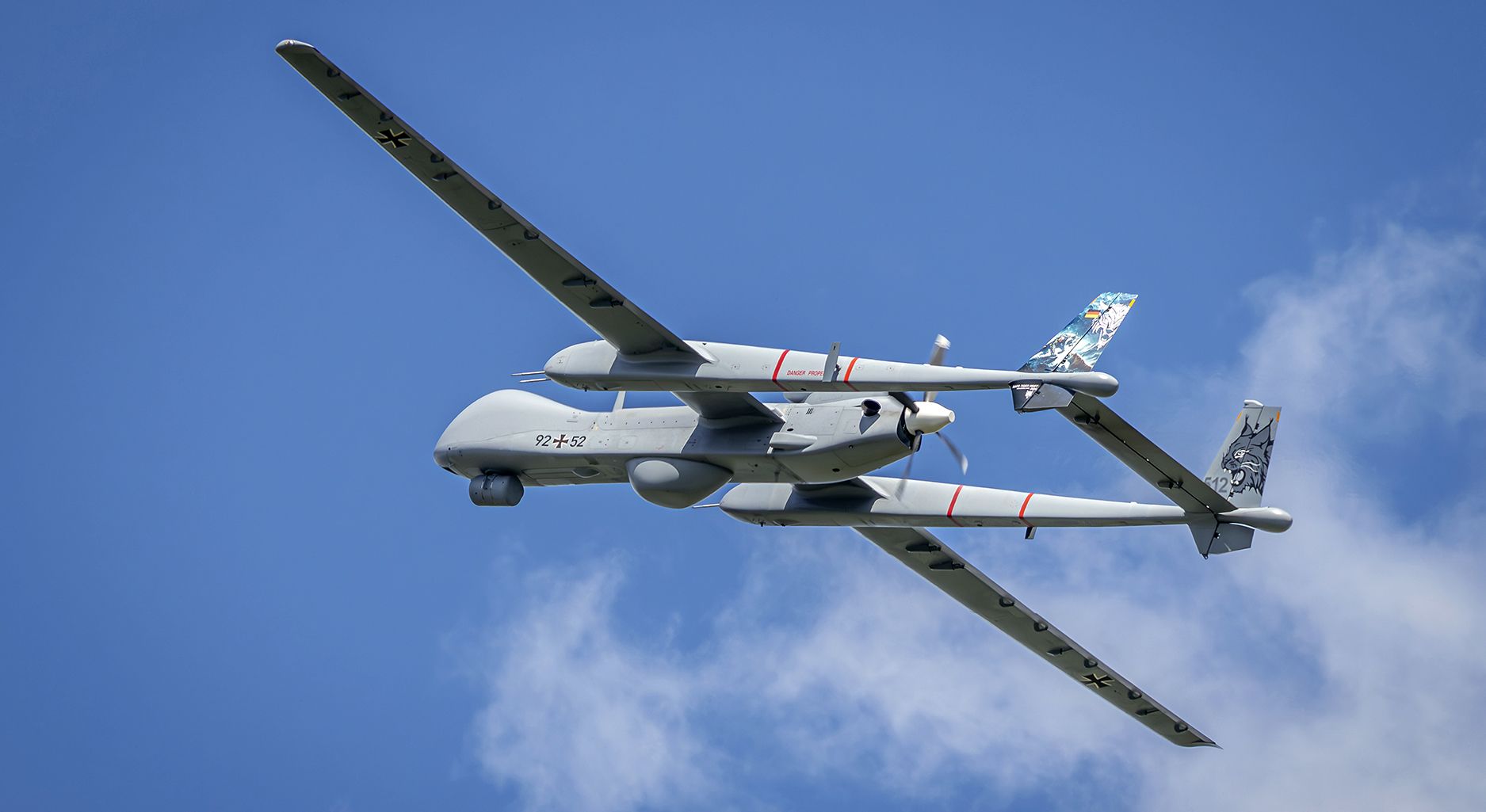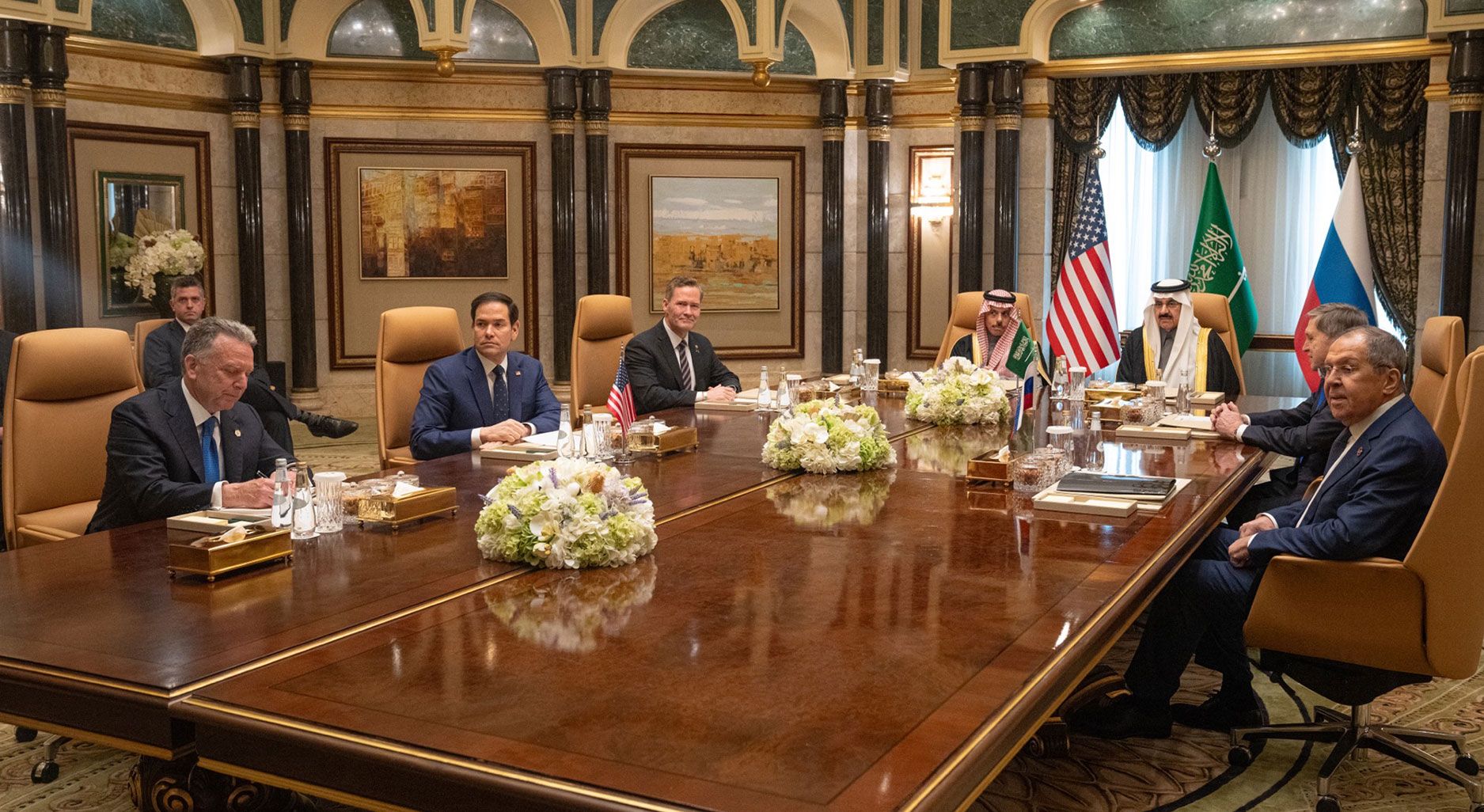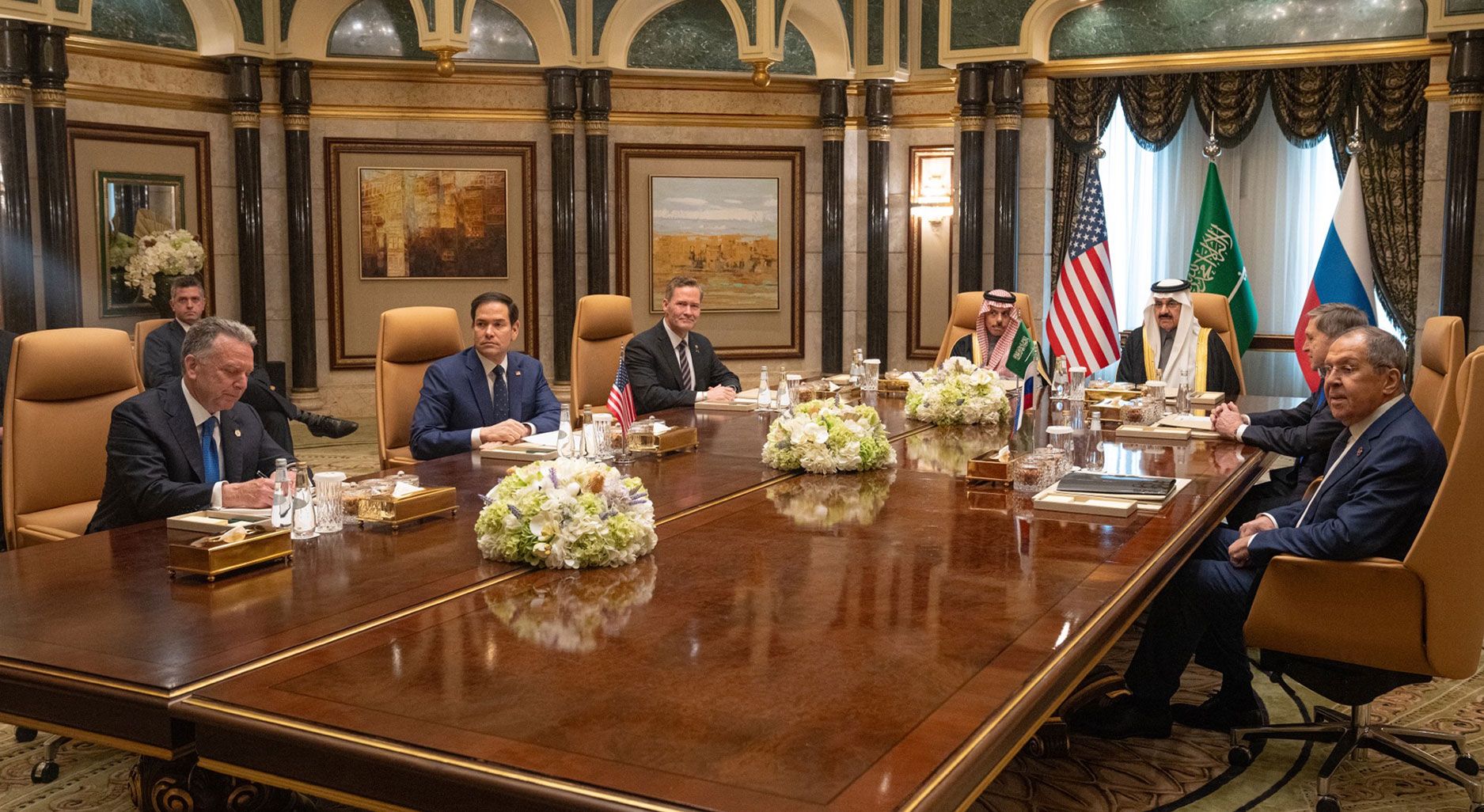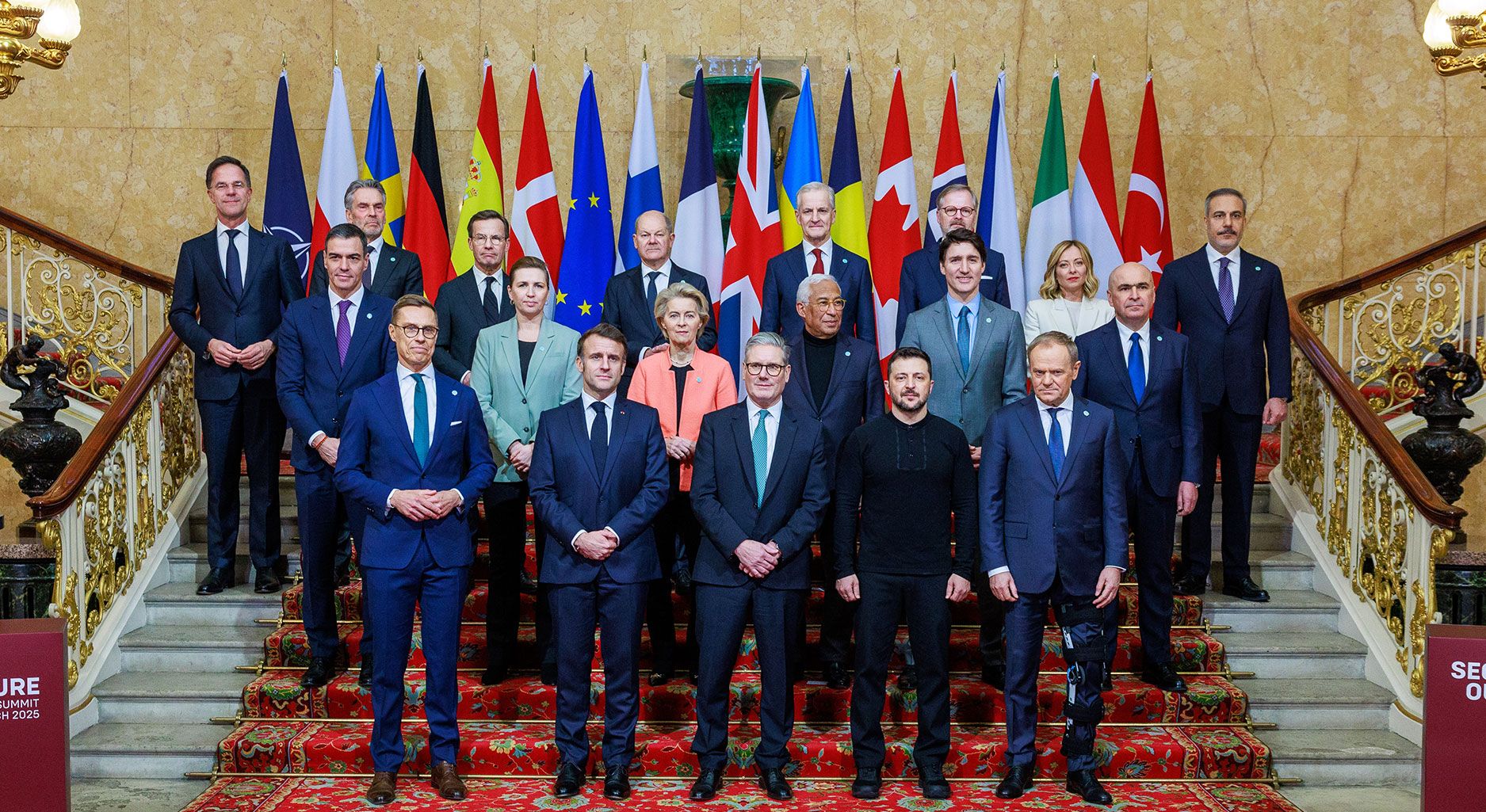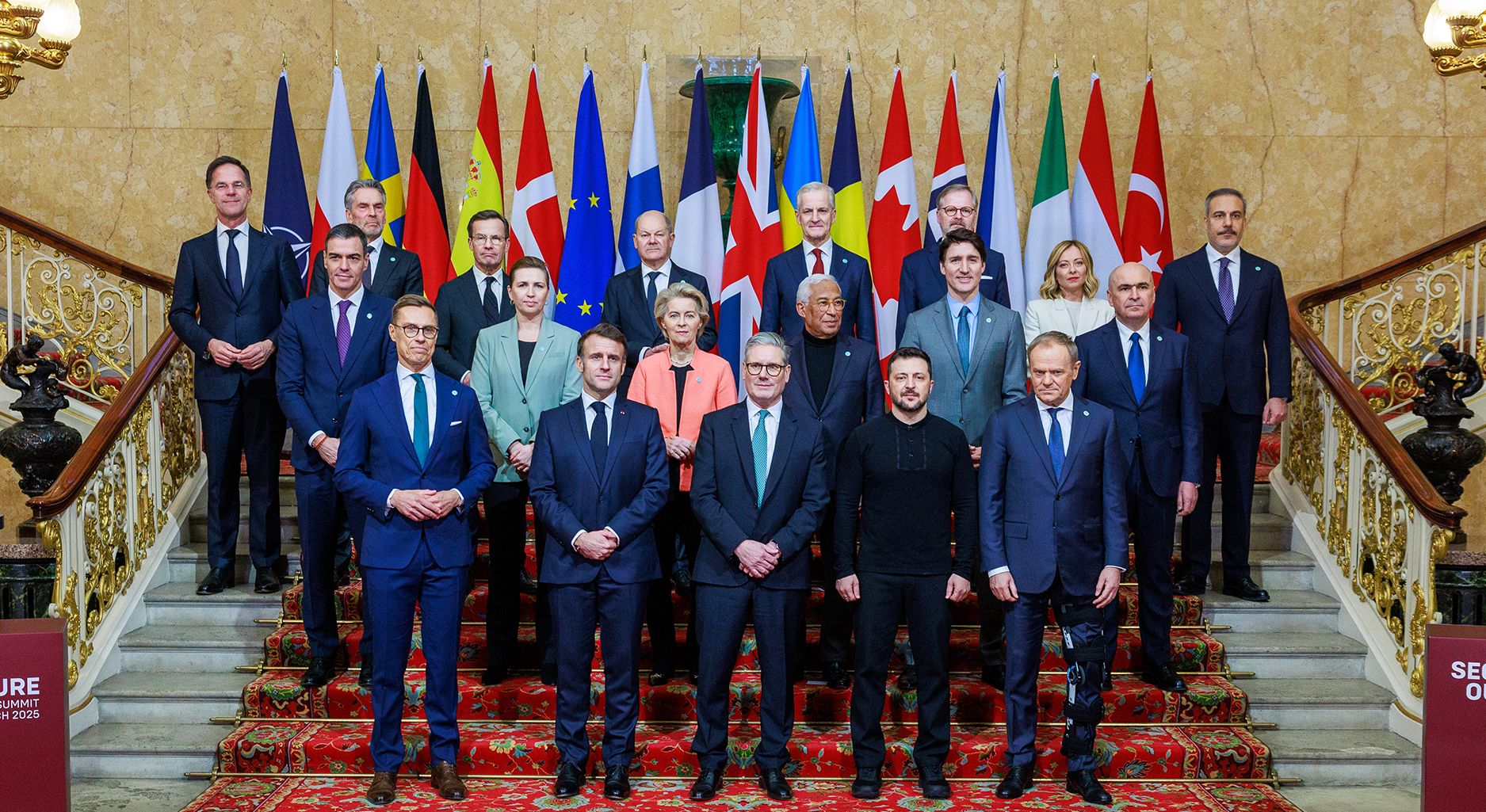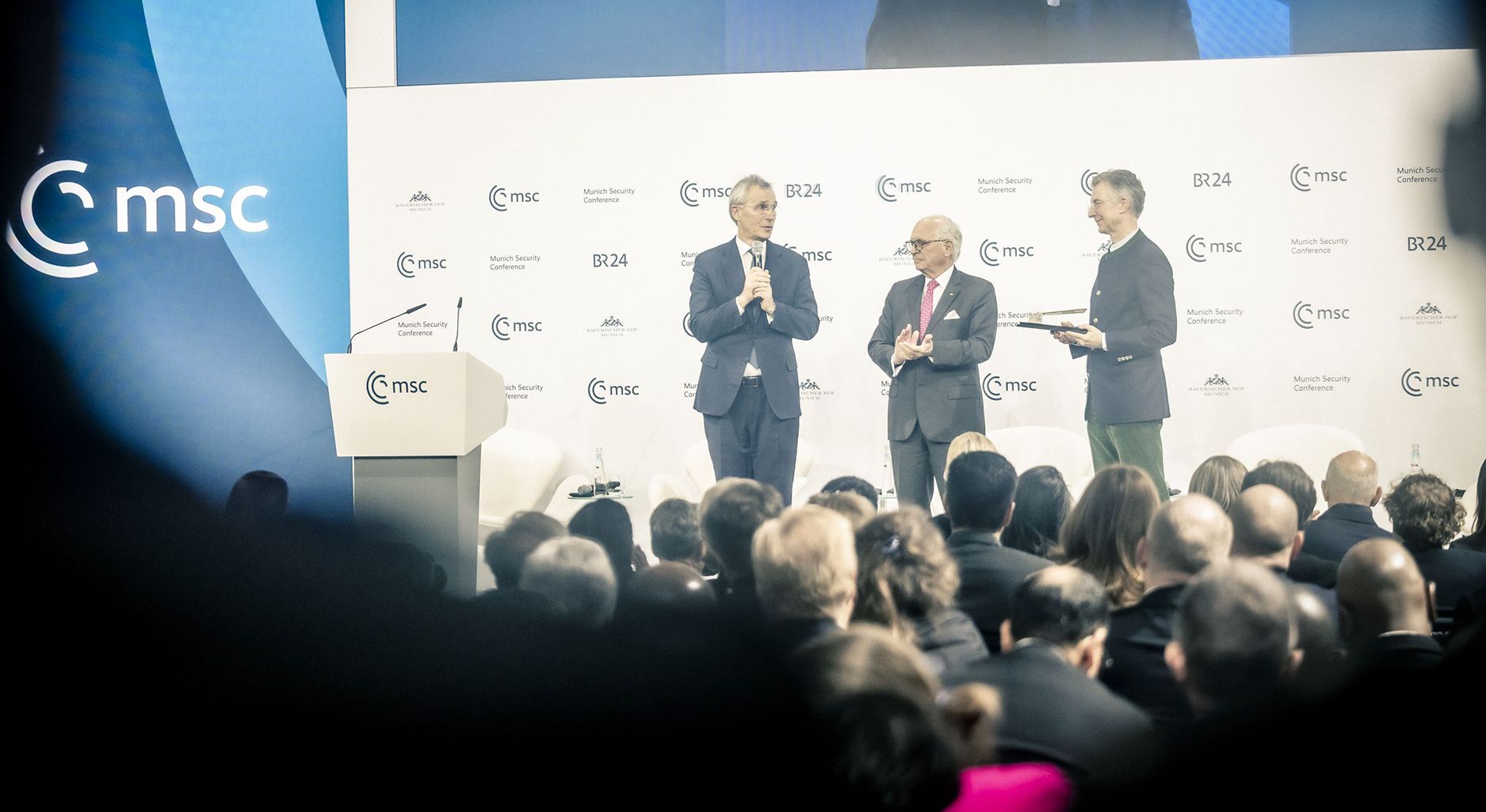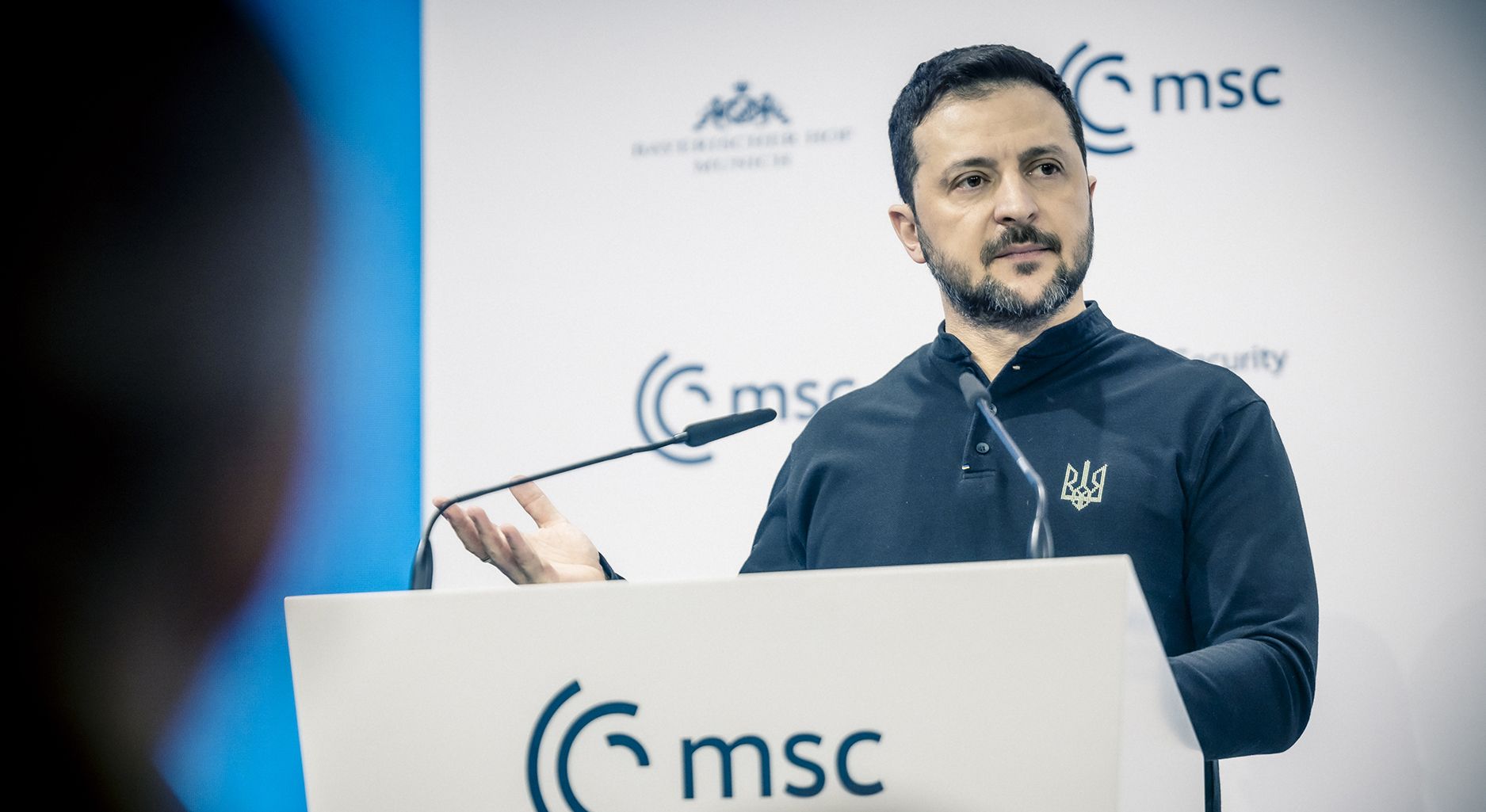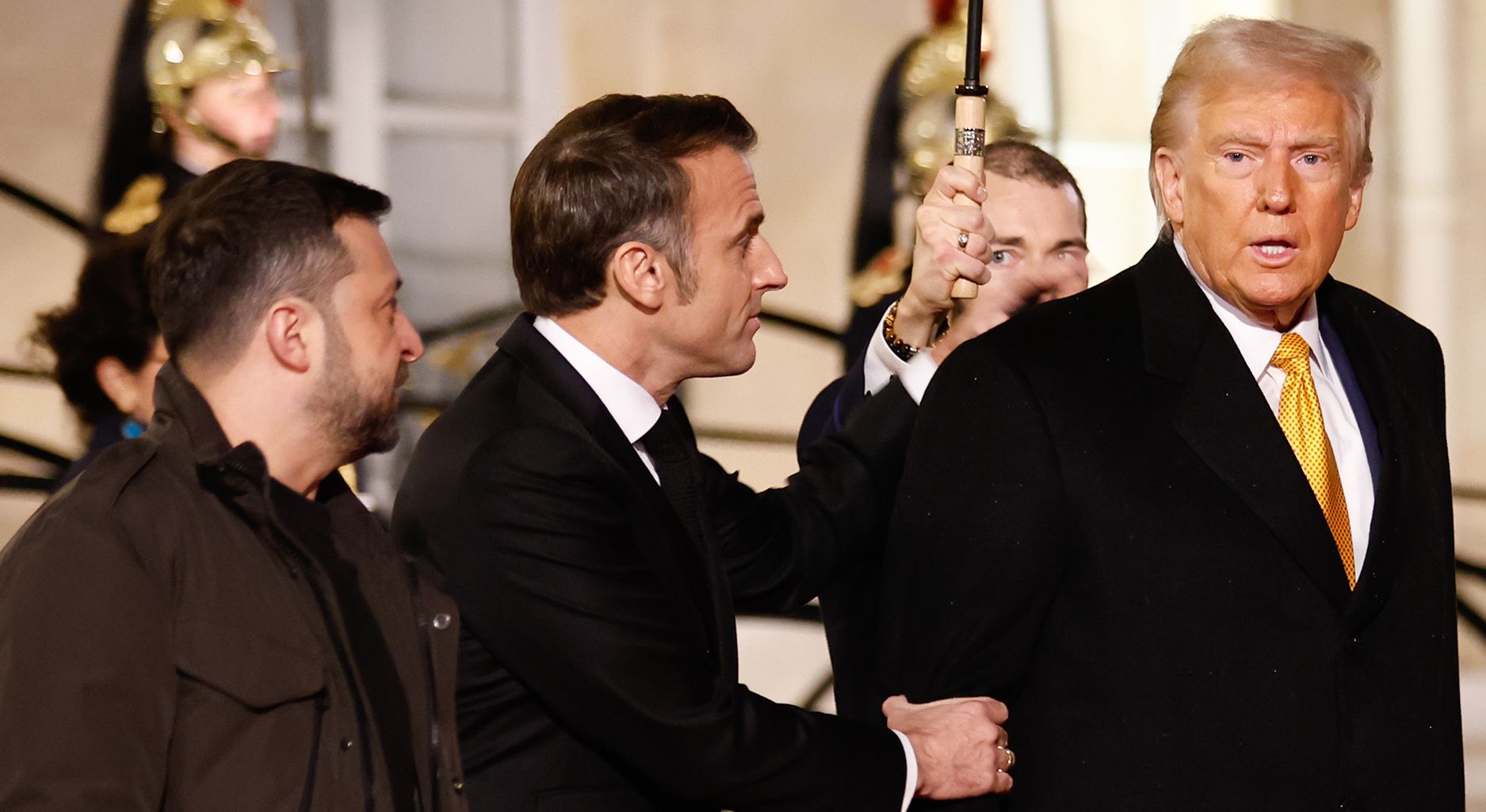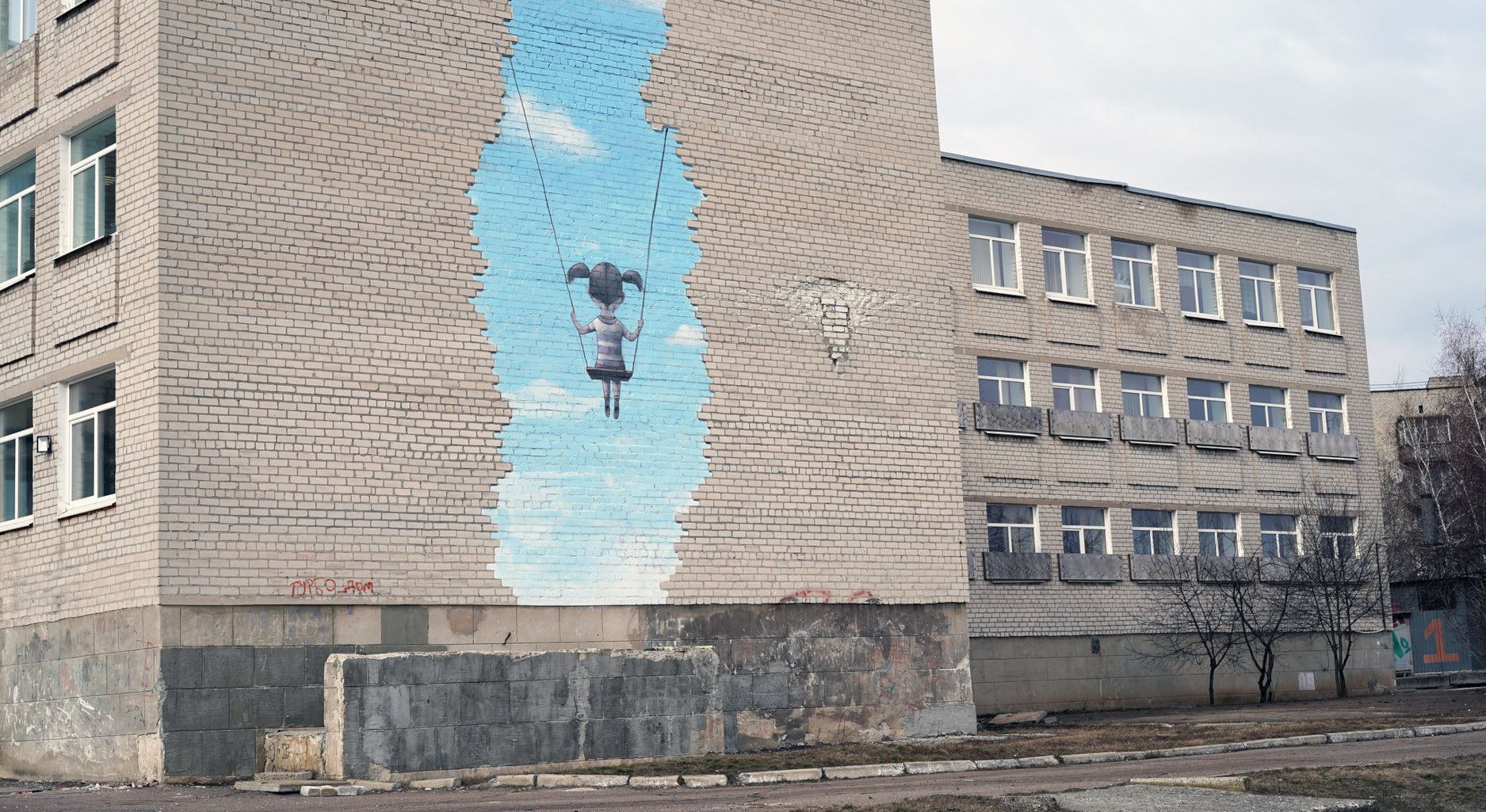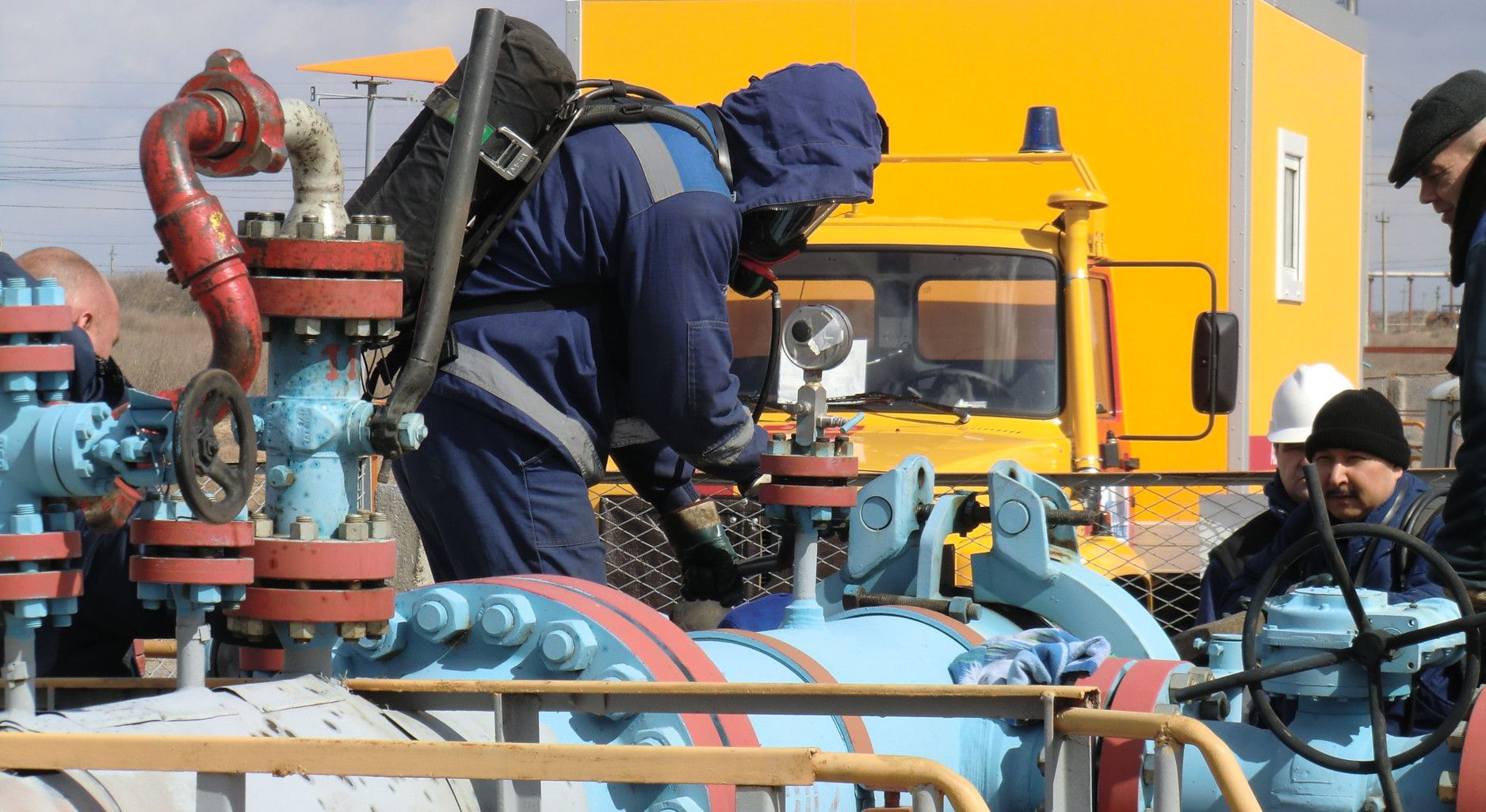Schlagwort: Europa
Influenced by Russia’s invasion of Ukraine and the evolving security landscape, Germany’s decade-long debate over armed drones concluded in 2022 with the decision to arm the Heron TP. This article examines the potential use of armed Medium Altitude Long Endurance UAVs in countering Russian grey zone tactics in the Baltic region. It argues that, despite vulnerabilities in high-intensity warfare, UAVs like the Heron TP are well-suited for intelligence, surveillance, reconnaissance, and rapid response in irregular conflict scenarios. Forward deployment to the Baltics could enhance responsiveness and deterrence, supporting NATO missions and demonstrating Germany’s commitment to collective defense in an increasingly unstable European security environment.
A Sober Perspective for the Negotiating Table: Europe Must Contribute Diplomatically to Ending the War in Ukraine and Shape the Withdrawal of the US
Despite the deadlocked military situation for Ukraine and the policy shift in the US, Germany and Europe still lack a negotiating strategy for a diplomatic solution. But only military support for Ukraine and sanctions against Russia are not going to end the war on the most favorable terms for Kyiv. As difficult as it may be, positive offers equally needed. Europe’s confrontation with President Trump’s diplomatic efforts will also not help to achieve more European sovereignty. Rather, we will have to negotiate with him and President Putin about the future of Ukraine and our own security architecture. Instead of panicking and investing solely in the military, European governments should therefore pull themselves together and, above all, seize the diplomatic opportunity to secure their fate.
Mit nüchternem Blick zum Verhandlungstisch: Europa muss die Beendigung des Ukrainekrieges und den Rückzug der USA diplomatisch mitgestalten
Trotz der längst verfahrenen militärischen Lage für die Ukraine und bekannten Kurswechsels in den USA hielten Deutschland und Europa an der unrealistischen Strategie fest, nur mit militärischer Unterstützung und Sanktionen eine Verhaltensänderung Moskaus zu erreichen. Damit allein lässt sich der Krieg nicht zu möglichst günstigen Bedingungen für Kyjiw beenden. Die europäische Passivität gegenüber dem diplomatischen Ansatz von Präsident Trump wird auch nicht helfen, mehr europäische Souveränität zu erlangen. Vielmehr wird die Zukunft der Ukraine und unsere eigene Sicherheitsarchitektur mit ihm und auch mit Präsident Putin ausgehandelt werden müssen. Statt panisch nur ins Militär zu investieren, sollten sich die europäischen Regierungen ausnüchtern und diplomatisch rüsten, ihr Schicksal in die Hand zu nehmen.
Maintaining the Rules-Based International Order: How Europe can Stand up to the Superpowers as an Alliance of Small States
When Western voices described the Russian invasion of Ukraine in February 2022 as an attack on the “rules-based” or “liberal” international order, it was always implied that it was Western states, and the USA in particular, that safeguarded international law after the Second World War. However, it was primarily Afro-Asian states that defended the rules-based order during the Cold War when aggressions challenged the inviolability of international borders. A closer look at this history can help to develop concepts for the validity of international norms – especially for a Europe that is in danger of becoming an object of great power politics in the future.
Festhalten an der regelbasierten internationalen Ordnung: Wie Europa als Allianz kleiner Staaten gegenüber den Supermächten bestehen kann
Wenn westliche Stimmen den russischen Überfall auf die Ukraine im Februar 2022 als Angriff auf die „regelbasierte“ oder „liberale“ internationale Ordnung beschrieben haben, schwang dabei stets mit, dass es westliche Staaten und insbesondere die USA waren, die nach dem Zweiten Weltkrieg das Völkerrecht sicherten. Es waren jedoch vor allem afro-asiatische Staaten, die während des Kalten Kriegs die regelbasierte Ordnung verteidigten, wenn Aggressionen die Unverletzlichkeit internationaler Grenzen infrage stellten. Eine nähere Betrachtung dieser Geschichte kann helfen, zukunftsfähige Konzepte für die Geltungskraft internationaler Normen zu entwickeln – gerade für ein Europa, das Gefahr läuft, zukünftig zur Verhandlungsmasse der Großmächte zu werden.
Going Back or Going Global: The End of the West and the Future Role of the MSC
In hindsight, the 2025 Munich Security Conference marked a pivotal moment. Once again the forum brought together decision-makers from around the world to discuss major global security issues, with widespread hope that it would set the stage for a sustainable peace process for Ukraine. Instead, the prospects for such a process have greatly declined, while the conference itself only further demonstrated the diminishing relevance of the ‘global West’. Originally established as a Military Security Conference (Internationale Wehrkunde-Begegnung) focused on European and transatlantic security, the MSC now stands at a crossroads: return to its European roots or expand politically and thematically? Both options come with a price tag.
From Munich to Munich? Three Years of Russia’s Full-Scale Invasion of Ukraine
Three years ago, in Ukraine, I was awoken at 4:45 am by a frightening noise unlike anything I had ever heard. I stared into the darkness behind the window and told myself: it’s not true, it’s not a war, it’s just military exercises. Yet the nightmare of Russia’s full-scale military invasion was real and continues to this day. Since then, Ukrainians have been standing, fighting, and defending themselves, resisting not only Russia but also prophesies of disaster and efforts to undermine support for Kyiv. Despite this, the Ukrainian army still stands and it holds the key to the future.
How a Sustainable Ceasefire Between Russia and Ukraine Could be Reached
The Trump administration’s recent actions have left many uncertain about the prospects and trajectory of the Russo-Ukrainian war. False certainties and anxious interpretations abound. However, some clear tendencies have emerged from Trump’s first few months in office as well as from his last term. Europe’s leaders, while trapped between Trump’s geopolitical flailing, Putin’s ongoing war efforts, and a continent-wide surge in nationalist sentiments, have options at their disposal that could significantly shape upcoming decisions. A lot is at stake, and the time to act is now.
Was in der Zukunft der Ukraine liegt: Plädoyer für eine Verteidigungs- und Resilienzstrategie
Mit Beginn der russischen Vollinvasion der Ukraine vor zwei Jahren setzte auch bei uns am PRIF eine intensive Auseinandersetzung mit dem Konflikt ein. Nach nunmehr zwei Jahren Krieg, Hunderttausenden von Gefallenen und Verwundeten, Millionen Geflüchteten und wohl über einer Billion Euro in Wirtschaftsschäden stellt sich die Frage, wie es um die Zukunft der Ukraine bestellt ist.
Russia Cuts Off Nord Stream 1: How Will This Affect Germany’s Foreign Policy?
In early September, Russia announced an indefinite stoppage of gas deliveries to Germany via the Nord Stream 1 pipeline system, causing economic turmoil. Research findings on patterns in German and Russian policy and ongoing trends shed light on these events and their probable future impact. Despite denials from Moscow, this is a Russian attempt to influence German policy on sanctions and Ukraine. This attempt is unlikely to succeed for now. However, future developments – notably major shifts on the Ukrainian battlefield, changes in German public sentiments, and specific dynamics within the Kremlin – could cause German policy to become more susceptible to Russia’s demands.
